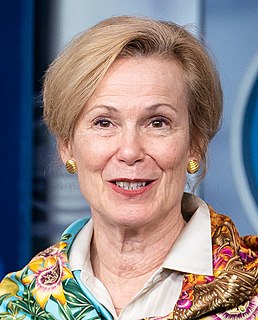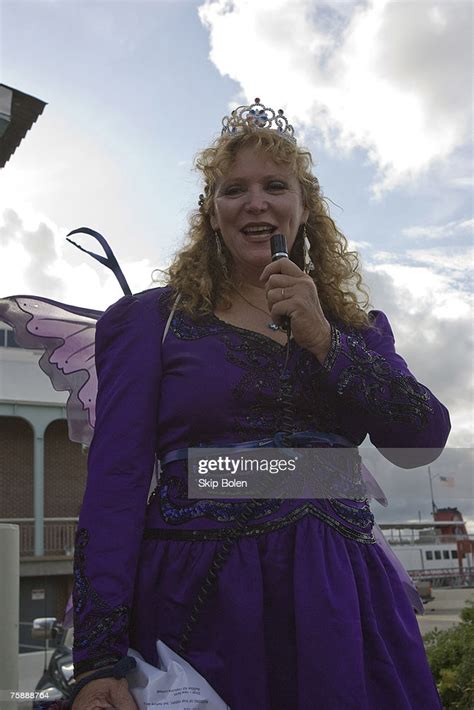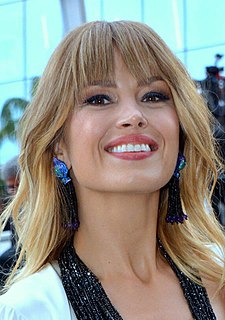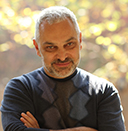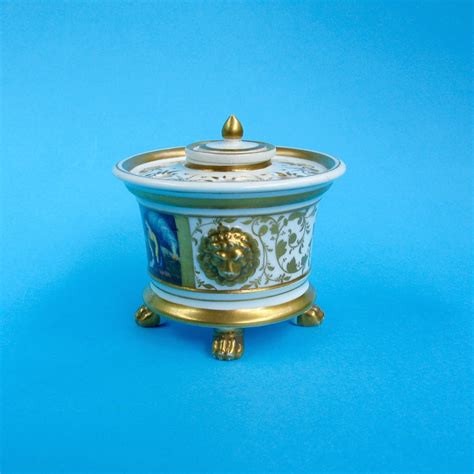A Quote by Emily Oster
The key to good decision making is evaluating the available information - the data - and combining it with your own estimates of pluses and minuses. As an economist, I do this every day.
Related Quotes
What I learned from my work as a physician is that even with the most complicated patients, the most complicated problems, you've got to look hard to find every piece of data and evidence that you can to improve your decision-making. Medicine has taught me to be very much evidence-based and data-driven in making decisions.
Data isn't information. ... Information, unlike data, is useful. While there's a gulf between data and information, there's a wide ocean between information and knowledge. What turns the gears in our brains isn't information, but ideas, inventions, and inspiration. Knowledge-not information-implies understanding. And beyond knowledge lies what we should be seeking: wisdom.

